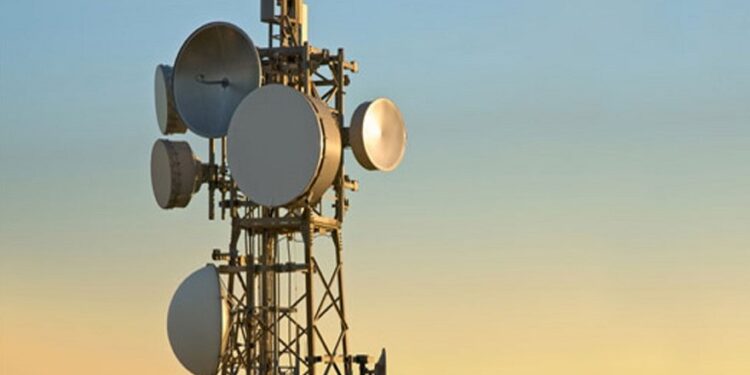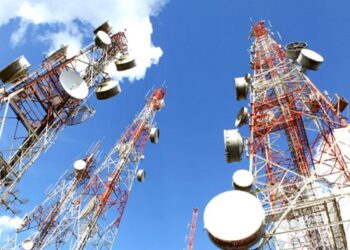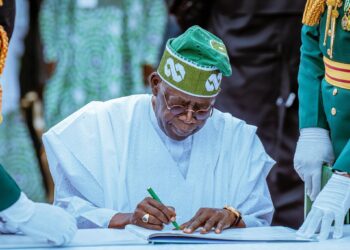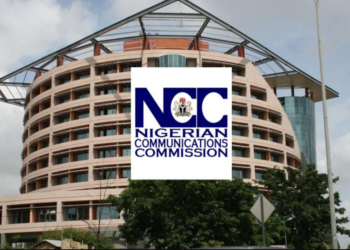Broadband penetration in Nigeria increased marginally to 48.81% in May from 48.15% recorded in April 2025.
This is according to the latest industry data released by the Nigerian Communications Commission (NCC).
According to the data, there were a total of 105.8 million broadband connections in the country as of May.
The figure, however, shows that the country is still a long way from achieving its 70% penetration target set in the National Broadband Plan (NBP 2020-2025), which is now a few months to expiration.
This indicates that the country will miss the target set in 2020, except magic happens in the next five months plus.
Why Nigeria is not making progress with the target
The slow pace of movement in the implementation of the Broadband Plan is being blamed on several challenges inhibiting the deployment of infrastructure.
Specifically, the high cost of right-of-way charges by states is seen as one major bottleneck, as operators are paying through the nose to states, with the exception of seven states that have waived the fees.
- The Executive Vice Chairman of the NCC, Dr. Aminu Maida, emphasized this at a recent telecom forum, noting that while the federal government is targeting 70% broadband penetration through the NBP 2020-2025, major obstacles to achieving the goals are coming from states.
- According to him, several state regulations and policies are working against the plan, and they would need to be reviewed for the states to reap the benefits of the digital economy from ubiquitous broadband penetration.
- Describing broadband connectivity as a catalyst for economic growth, driving the digital economy, creating job opportunities, and fostering entrepreneurship, Maida said broadband connectivity would bridge the digital divide and make digital tools accessible to all citizens.
“To fully realize the benefits of digitization and meet the NBP targets, state governments must ease regulatory burdens and drive policies that are investor-friendly for the telecommunications and ICT sectors.
“Major obstacles to telecom infrastructure development have been issues within the purview of sub-national governments, including right-of-way issues, multiple taxation, and infrastructure resilience. Reducing right-of-way charges and eliminating multiple taxation will facilitate network expansion and improve connectivity across the country,” he said.
What you should know
As of March 2020, when the National Broadband Plan was launched, Nigeria’s broadband penetration stood at 39.85% with some 75.4 million Nigerians connected to broadband service.
This shows that Nigeria has not really made much progress with the implementation and results in the last four years.
Going by the timelines of the Plan, broadband penetration in the country is expected to be at 50% at the end of 2023.
However, at the end of the year, penetration stood at 43.71% and rose marginally to 44.43% at the end of 2024.





















